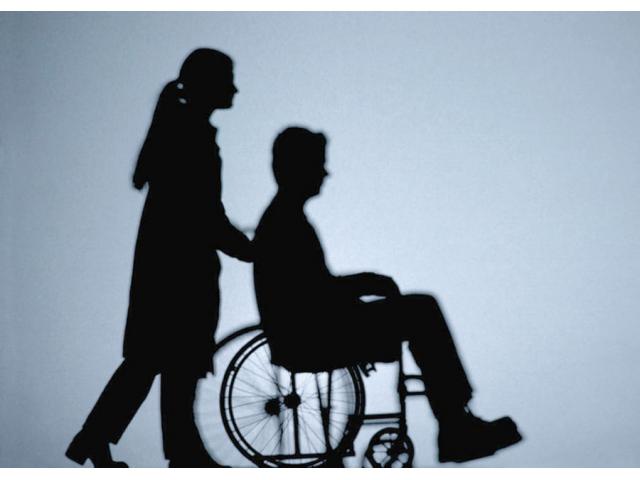In a previous post, “Is Scripture Enough?,” I wrestled with some of the questions long debated in the Christian counseling realm. Biblical counselors have argued for the past 50 years that study of the Bible alone is enough to make a pastor qualified to counsel. Others like myself who are trained in psychology and mental health care assert that additional training is necessary to assess and treat mental health issues. Both Dr. Heath Lambert and Brad Hambrick are biblical counselors who have recently articulated their thoughts on biblical counseling, with Dr. Lambert re-positioning towards earlier claims that the Bible alone is enough and Hambrick arguing for a greater level of training on mental health issues.
Dr. Lambert’s 95 Theses offers a series of position points, and the reason this conversation is so important is listed in his Thesis #3:
“The confusion that exists on the part of Christians has been a distressing source of conflict among brothers and sisters in Christ who debate these issues, and has caused pain in the lives of troubled Christians who seek counseling care.”
The confusion, conflict, and even “turf war” that has existed in the Church for the better part of 50 years has harmed people who are most in need of help. Because of this conflict, some pastors have at times discouraged mental health treatment when intervention was needed. In some cases, suicide has been the result.
Both pastors and Christian counselors need to improve working together. I do not believe we are at odds with each other, but rather working together towards common goals for the betterment of those who need our help. Pastors have a critical role in soul care and shepherding, but that role and skill set has limitations. Counselors who have been trained to recognize, assess, and treat symptoms of disorders including post-traumatic stress disorder, major depressive disorder, generalized anxiety disorder, bipolar disorder, schizophrenia, and a variety of personality disorders can and should play a role in holistic Christian care. The Bible does not offer evidence-based treatment models for these disorders, nor does it speak to medication or other forms of treatment. Conversations like these are critical to enhance the care of those entrusted to us. For too long these conversations could not take place at all because emotions ran high and debates turned ugly. We all need to rise above this tone in order to produce fruitful dialogue as I believe we are now seeing in much greater volume.
Perhaps because Jay Adams in the 1970’s created a category called “organic disorders,” biblical counselors have sometimes seen things in black-and-white terms. It is either a spiritual problem or a medical one. We cannot divide problems or human beings in such a fashion. When we do, we limit treatment options and actually may contribute to the over-prescription of medication. If someone is experiencing symptoms of PTSD, they would benefit greatly from working with a Christian counselor who has specialization in trauma work. If their symptoms were seen as purely medical, sending them to their primary care physician (who also has less trauma training than a licensed and specialized counselor would) would likely result in a quickly written prescription. Even medical problems can be treated with non-medication options, just as someone with high cholesterol could make dietary and exercise changes instead of (or in addition to) taking medication.
Additional research is needed to continue to create best practices and evaluate effectiveness of certain counseling structures. I would respectfully disagree with Lambert’s Thesis #10 and claim that psychology is an increasingly scientific discipline. Most modern counselors of any stripe would agree that Freud’s scientific methods were lacking. If Dr. Lambert wishes to disagree with both Freud’s humanism and his lack of scientific process, I wholeheartedly stand with him. I do not believe that is where the field of psychology lies today.
Important work is being done in and for the Church by many skilled clinicians and researchers. If biblical counselors cannot acknowledge the positive contribution of this work, they will increasingly fade to the background and become obsolete.











